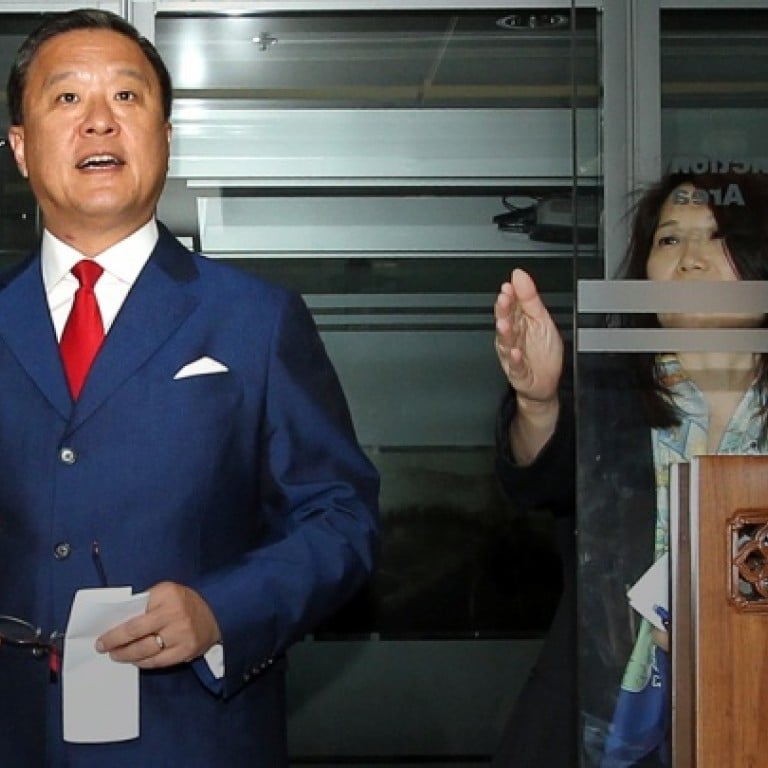
Shareholders wary of US$100m plan to revive HKMEx
Financiers and a key shareholder in the cash-strapped Hong Kong Mercantile Exchange (HKMEx) say they are wary of a planned US$100 million capital raising effort to revive the now defunct commodity trading platform, as concerns mount over the viability of its business model.
Financiers and a key shareholder in the cash-strapped Hong Kong Mercantile Exchange (HKMEx) say they are wary of a planned US$100 million capital raising effort to revive the now defunct commodity trading platform, as concerns mount over the viability of its business model.
A senior executive at Industrial and Commercial Bank of China (Asia), which owns 10 per cent of the exchange, told the "it is too early to determine whether ICBC or other shareholders would be prepared to add fresh capital to keep the operation afloat as the bank has written down some losses last year".
Dealmakers at four major investment banks in Hong Kong contacted by the said they would hesitate to underwrite a potential share sale, given the uncertainty surrounding the future of the commodity dealing platform HKMEx operated until the weekend.
HKMEx's chairman Barry Cheung Chun-yuen told the at the weekend the company would try to raise US$100 million through a rights issue to continue to operate while developing new products, as part of a plan to reapply for the trading licence it had handed back to the Securities and Futures Commission.
A rights issue aims to raise money from existing shareholders. A spokeswoman for ICBC (Asia) declined to comment on whether the bank would make a further write-down on its investment in HKMEx this year.
Dealmakers in Hong Kong, meanwhile, said any effort to raise the funds eyed by Cheung from external investors faced an uphill battle in the near term, not just because of the official investigations launched into HKMEx operations but because the business model appeared to be unsustainable in current market conditions.
"This has highlighted the severe operating competition in the energy and metal futures contracts," said a senior banker at a Chinese investment bank who declined to be identified.
"Major Chinese cities such as Shanghai, Zhengzhou, and Dalian can offer more products and volume in their respective markets, prompting more industry participants and financial punters to join the domestic commodities markets."
Nelson Chan, chief executive at Bright Smart Securities which is one of the broker members of HKMEx, was disappointed at the way things had developed.
"I had high hopes for this platform at the beginning, but I feel really disappointed after being with the platform for more than one year. We paid US$50,000 as a membership fee, but we have never traded on the platform once due to its low transaction volume.
"This exchange should have been a very successful business because Hong Kong needs a commodity trading platform at home to avoid the high cost of trading overseas," Chan said, adding that he would not withdraw from the exchange despite the scandal.
He said he hoped a new business plan and a new strategy could revive its fortunes.
But David Webb, a Hong Kong corporate-governance activist and a retired investment banker, disagreed.
"HKMEx was based on a fundamental misconception that China needed its own offshore exchange to influence prices. Supply and demand influence prices, not the location of the futures market," Webb said.
"HKMEx was always going to struggle to gain traction against well-established trading venues elsewhere in the world."


